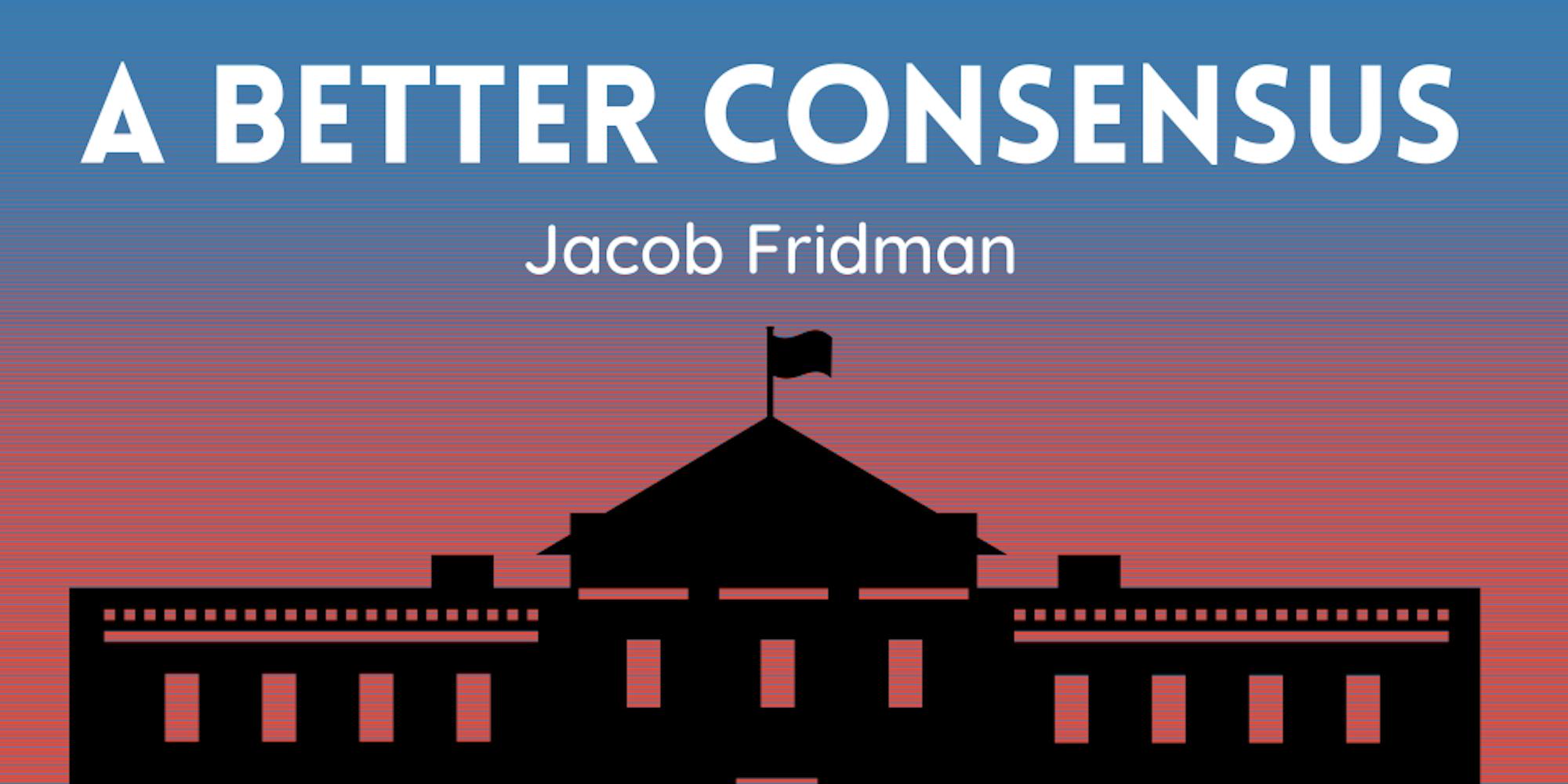Content warning: This column discusses suicide, gun violence and domestic violence.
An average of 100 Americans continue to die from gun violence every day, and just last week the country experienced another mass shooting. Surely, the federal government will step in and fix things, right?
Sadly, no. Even with the NRA’s imminent implosion and nationwide support for expanding background checks, red flag laws and assault weapon bans, nothing can get passed through Congress.
So, let’s try something no reasonable gun owner or supporter can possibly reject: gun licensing. Whoever wants to buy a gun, whether from certified shops or private dealers, will not only have to pass the current background check system (which is severely broken), but will have to have some form of documentation from the government. No responsible gun owner will be denied their right to bear arms, only those who pose a threat or already have red flags on their record will be rejected, just as with bad drivers.
One example of this system working really well on a national scale is Canada. The country currently has a highly praised and effective gun licensing system. Even the Conservative Party of Canada supports keeping the system, and there are way fewer gun deaths per capita than in the U.S., which includes mass shootings, homicides and suicides. While only around 5% of Canada’s 38.2 million people have gun licenses, the overall number of gun licenses issued increased by over 25% from 2015 to 2019, so gun ownership itself is not threatened by a national standard. There’s also the fact that just under 1,000 license applications were rejected in 2019, with a fifth of them listed as a “potential risk to self.” Considering that 60% of intentional gun deaths in the U.S. are listed as suicides, a federal licensing system also seems to be a key contributor to a nation’s mental health policy.
In the U.S., states that currently implement this concept have a range of policies, from actual licenses to own guns (like driver’s licenses), to firearm safety certification.Massachusetts’ own system has, in part, led to it having one of the lowest gun deaths per capita in the country. But if you’re worried about infringement on the Second Amendment, it’s worth noting that a study from Northeastern University and the University of Massachusetts Boston saw around a 97% acceptance rate for license applications. Connecticut’s license system saw a 40% decrease in gun homicides from 1996 to 2005. It actually made it harder for criminals to illegally obtain guns since supply and demand were more regulated, and gaming the system became much harder. By contrast, a 2014 Johns Hopkins study showed that when Missouri repealed its license system in 2007, there was a 25% increase in gun homicide rates.
The evidence is clear that gun licensing allows responsible gun owners to keep their guns and effectively bars those with ill intent from getting guns. We accept that only licensed people can drive vehicles, which can kill people on purpose and by accident, so why can’t we do the same for firearms, whose sole purpose is to cause harm?






